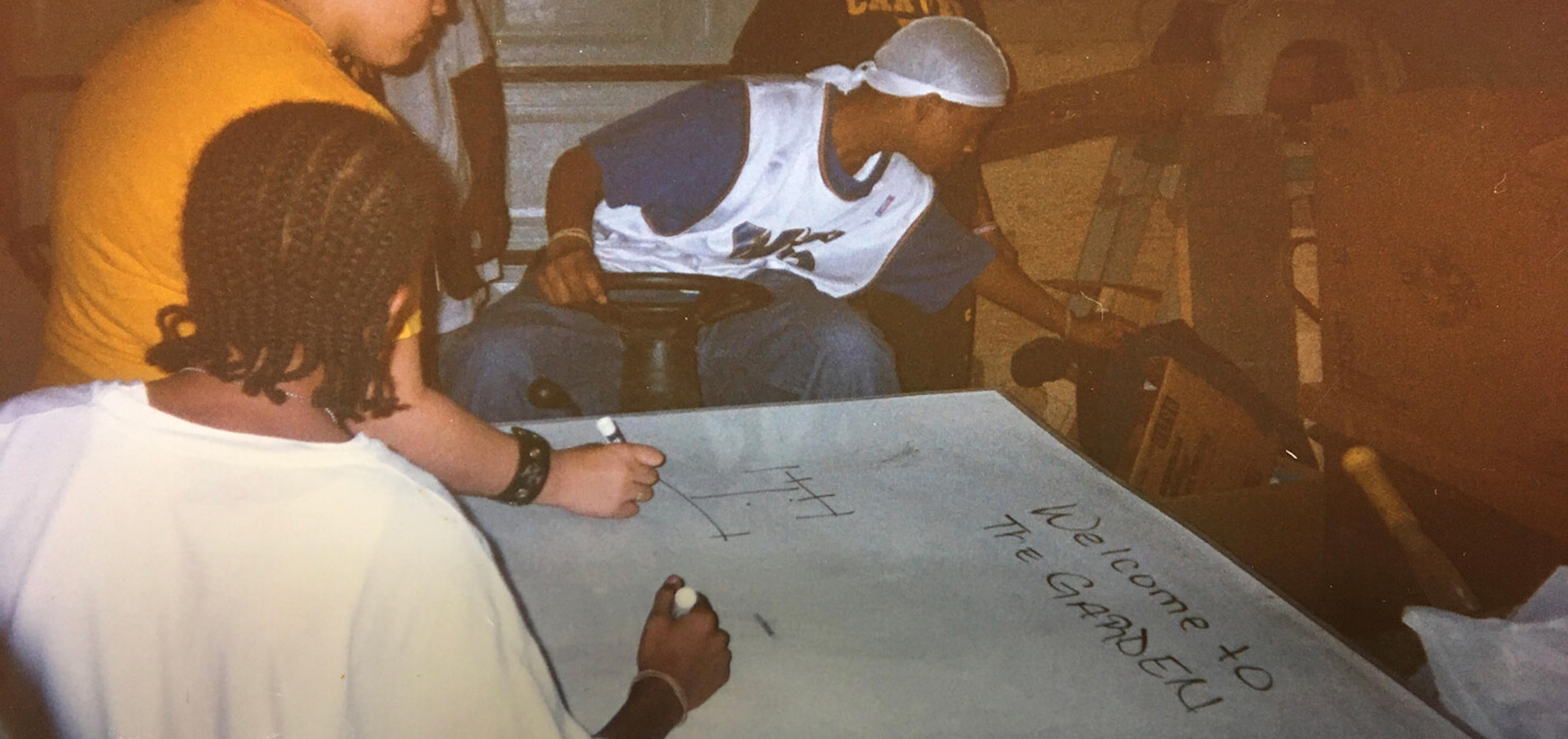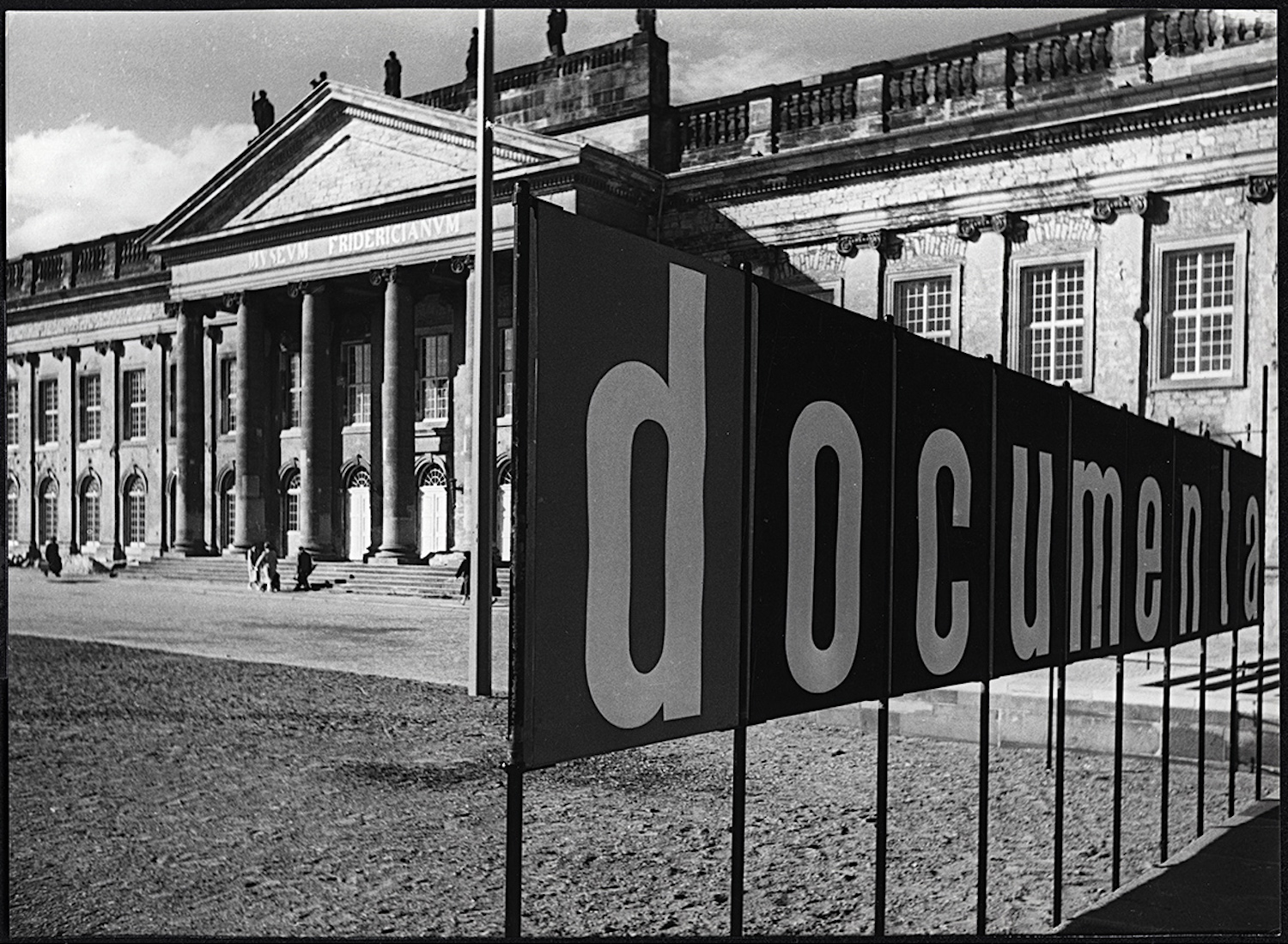
The Goethe-Institut Chicago launches an open call for video essays for The Tactical Gardens with an opening lecture by Cheryl Johnson, Executive Director of People for Community Recovery (PCR), an environmental justice organization based in Altgeld Gardens on the South Side of Chicago.
The Tactical Gardens is the first of three platforms produced for Chemical (Re)Actions, a project by the Goethe-Institut Chicago that enables artistic exchanges responding to critical sites of environmental and social conflict in Chicago in collaboration with three environmental activist organizations in the city. Each platform transforms the toxic tours given by these activists into virtual content as a way to generate entry points for engagement with larger questions regarding pollution, industry, the environment, segregation and social equity for new understandings of the role of strategic imagination in civil society.
For The Tactical Gardens, the Goethe-Institut Chicago invites artists, designers, architects, writers, filmmakers, community organizers and activists to engage with the history of Altgeld Gardens and the legacy of Hazel M. Johnson, founder of People for Community Recovery, and their strategies for environmental justice to further reflect and explore the ways in which we think about and confront environmental injustice, racism, inequality and toxic burdens for minoritized communities around the globe and in the city of Chicago.
Three works will be selected to be featured in The Tactical Gardens and will be shown in a virtual screening hosted by the Goethe-Institut Chicago. There will be an honorarium for participation.
Cheryl Johnson will speak on the advocacy efforts of People for Community Recovery, one of the first environmental justice organizations in the United States. PCR was founded in 1979 by Cheryl’s mother, Hazel M. Johnson, regularly referred to as the “Mother of the Environmental Justice Movement.” Cheryl Johnson and PCR continue the work of fighting for greater equity in the community, and against the disproportionate burden of hazardous waste as it affects the South Side of Chicago.

